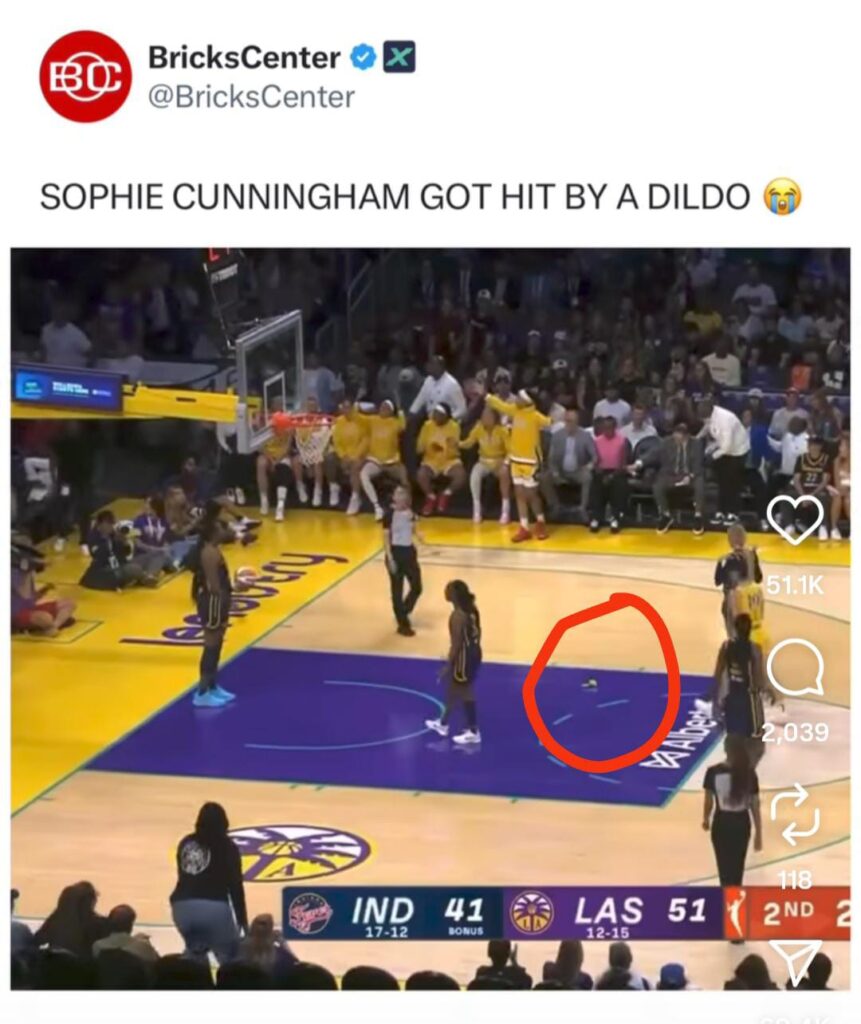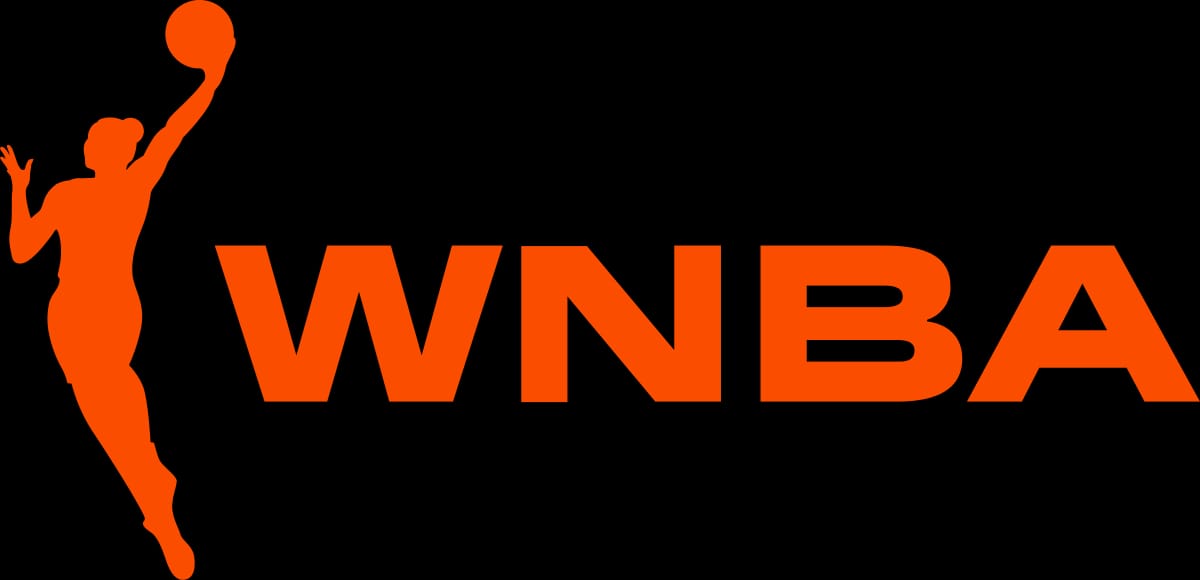WNBA Scandal : Sex Toy-Throwing Incidents at Games Spark Outrage, Highlight Deeper Cultural Issues

Link – https://www.instagram.com/reel/DM1cL8cxRSa/?igsh=a2E1dzRnZGF4aXI1
What Began as a Bizarre Prank Has Evolved Into a Broader Discussion on Meme Culture, Misogyny, and Women’s Sports
A strange and unsettling trend has gripped parts of the WNBA Scandal in recent weeks, starting with a single fan throwing a sex toy onto the court during a July 29 game. What might have been dismissed as an isolated stunt quickly turned into a series of copycat incidents, prompting anger from players, coaches, and sports commentators across the country.
The bizarre spectacle has done more than disrupt games—it has exposed uncomfortable truths about Gen Z’s meme culture, the quest for viral notoriety, the “bro” culture linked to cryptocurrency communities, and the persistent sexism and sexualisation that continues to shadow women’s sports.
How the Incident Began and Spread
The first reported case happened during a late-July WNBA Scandal matchup, when a fan hurled a sex toy onto the playing surface. The moment was captured on video, shared widely on social media platforms, and quickly became fodder for online memes.
In the days that followed, similar incidents occurred at other league games, seemingly spurred on by internet clout-chasing and subculture in-jokes. Some fans have linked the phenomenon to cryptocurrency influencer communities, which have previously staged disruptive public stunts for attention.
League and Law Enforcement Response
On Friday, a WNBA Scandal spokesperson confirmed that the league is working closely with law enforcement agencies to identify and prosecute anyone involved in the incidents.
“This reckless and unacceptable behavior will not be tolerated,” the spokesperson said.
“Anyone engaged in this conduct, or otherwise involved in sponsoring it, will be arrested and charged with the appropriate felony offenses.”
Players and Coaches Speak Out
The actions have struck a nerve with those inside the game, not only because of the immediate disruption but also because of the broader implications for women’s sports.
“This has been going on for centuries—the sexualization of women,” said Minnesota Lynx head coach Cheryl Reeve during a Thursday press conference. “This is the latest version of that. And it’s not funny. It should not be the butt of jokes on radio shows, in print, or in any comments.”
Reeve and other league figures have stressed that incidents like these undermine the legitimacy and professionalism of the WNBA, which has fought for decades to secure mainstream respect and fair treatment compared to men’s leagues.
A Reflection of Meme and ‘Bro’ Culture
Sports analysts and cultural commentators note that the incidents are emblematic of a wider online phenomenon: the convergence of meme culture, shock humor, and social media-fueled performance.
The idea of “doing something outrageous” to get likes, shares, and viral status has been amplified by online spaces where disruptive acts are celebrated. In this case, the added dimension of women’s sports created an opening for sexist undertones to permeate the stunt, regardless of whether participants claim humor as their intent.
The crossover with certain cryptocurrency communities—often male-dominated and steeped in ironic or edgy humor—has raised additional concerns about how offline sports events can become stages for internet-driven provocations.
Why Women’s Sports Bear the Brunt
Incidents like these echo a long history of gendered disrespect toward female athletes. From dismissive media coverage to unequal pay structures, women’s sports have had to contend with stereotypes, objectification, and double standards in how athletes are treated.
While men’s games occasionally see disruptive fan behavior, the sexualized nature of these WNBA incidents reinforces old prejudices and fuels perceptions that women’s leagues are less deserving of serious treatment.
“This is not harmless fun,” one sports culture expert noted. “When fans bring sexual objects into a women’s sporting event and throw them on the court, it sends a message—whether intended or not—that the athletes are not to be taken seriously.”
The WNBA’s Next Steps
The league is expected to ramp up security measures in the coming weeks, including increased bag checks, closer monitoring of fan sections, and possible bans for offenders.
Meanwhile, advocacy groups and players are urging fans to shift the narrative—focusing instead on the high-quality basketball and athletic skill on display.
Some commentators suggest that this could also be a turning point for broader discussions around how women’s sports are marketed, covered, and protected, both online and offline.
Conclusion
What started as a one-off disruptive act has morphed into a revealing case study on the intersection of internet culture, misogyny, and sports fandom. For the WNBA, the challenge is now twofold: addressing the immediate safety and decorum concerns while confronting the underlying societal attitudes that allowed the stunt to gain traction in the first place.
With players, coaches, and the league united in their condemnation, the message is clear—women’s sports deserve respect, not ridicule.









